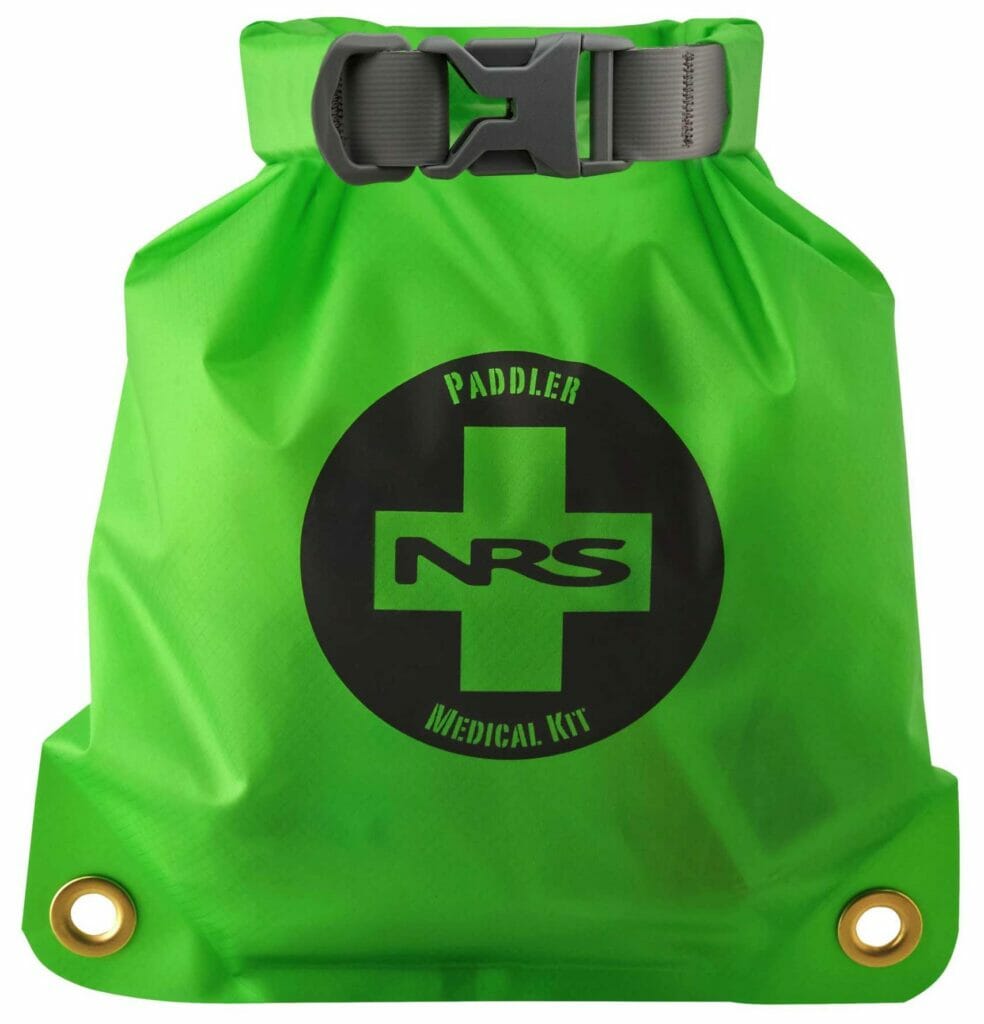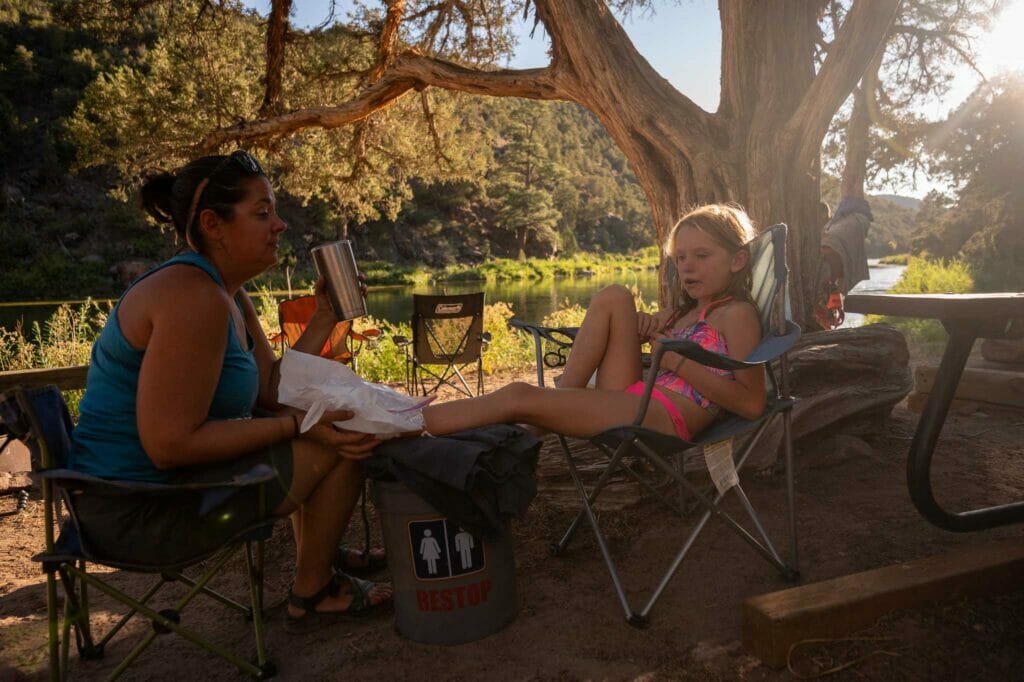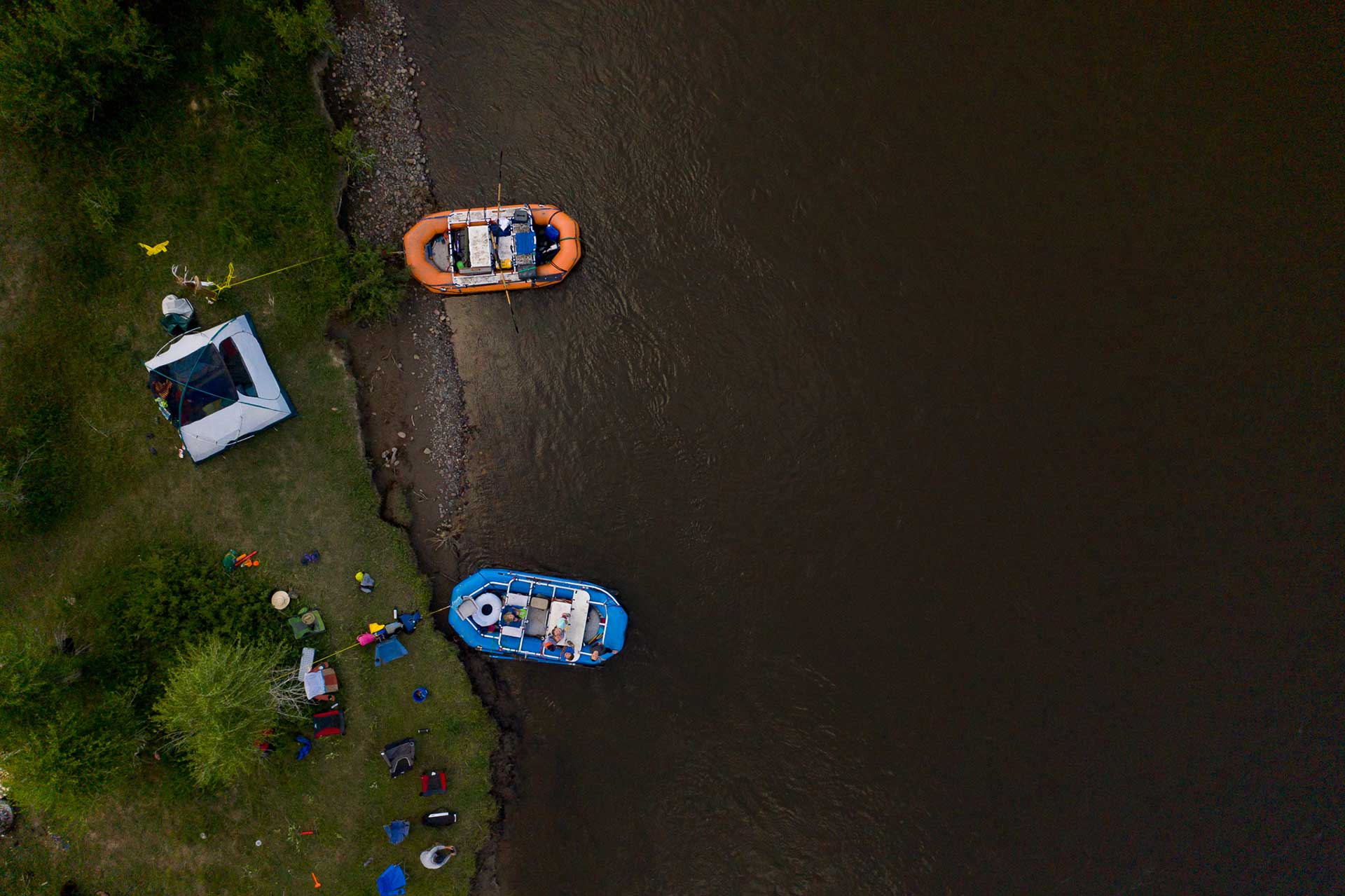Editor’s note: The float season has begun. The first oar stroke has likely been taken. We’ve shoved off into the flow of the known and inherently the unknown. As rivers go, the formula is simple. There’s one direction to go. What happens between boat ramps is up to you. With that, we at Trout Unlimited want you to be the best boater you can be this summer. Safety is paramount, which is why we’re dedicating the next few boat blog posts to this topic.
As the old saying goes it’s not a matter if but when you’ll have an emergency on the river.

Just this thought alone makes me nervous, but often what provides comfort is knowing that the people in my group are equally prepared for such circumstances. That being said, you shouldn’t use that as an excuse not to have a proper medical kit on your boat.
In fact, everyone should have a medical kit with plenty of options. Rivers move fast and are often found in remote places far from emergency personnel. Before each season, I typically take stock of what in our kit has expired or what needs replacing. One of the biggest items that needs replacing often on our family raft is bandages. Children’s ibuprofen is another big thing to check, since medical kits are typically stored in hot and potentially damp places all summer.
When it comes to storage, it helps to keep your kit in a dry, accessible location and not underneath a pile of overnight gear or at the bottom of a dry box. More importantly, when traveling with others on the river, make sure that the others in your group have a general understanding where your medical kit lives on your boat. (We like to keep ours under the front bench seat, in case anyone here joins us on the water someday.)

Coming home safely with positive experiences and stories is the end goal. Traveling in remote places with a large group of children can make one fully aware of the possibility of a medical emergency, which is why we’ve chosen to travel smarter throughout the years of floating rivers. Being knowledgeable and prepared can help to ease the stress for future trips.



